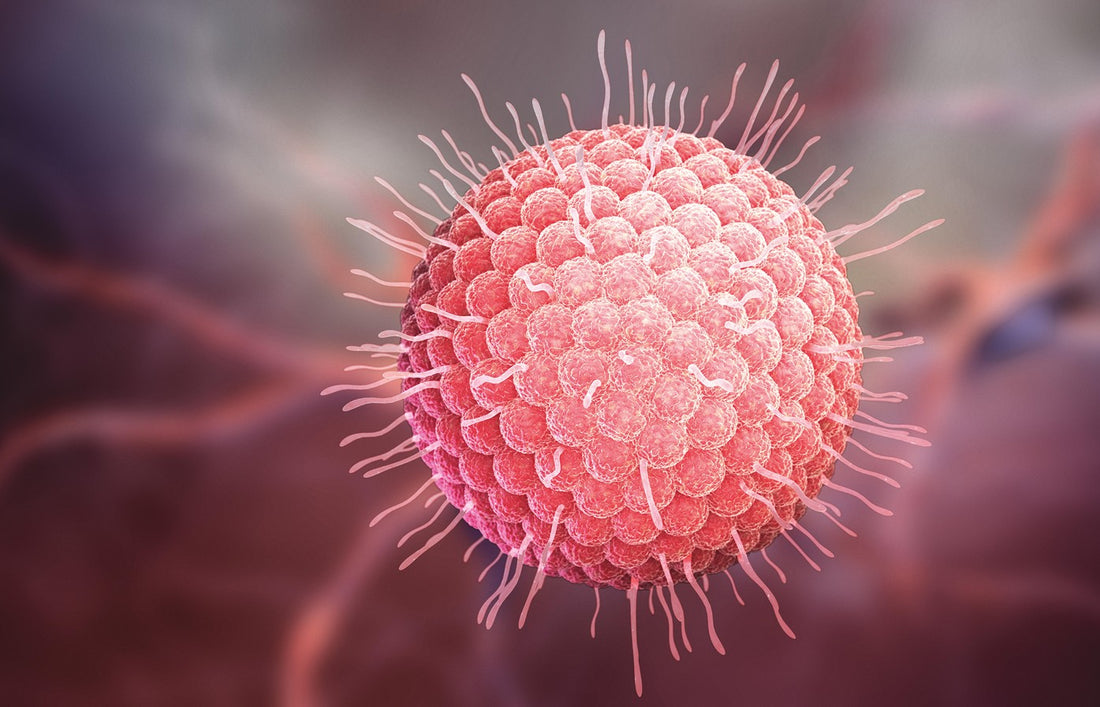
HPV BASANT - Genital HPV Infection – Fact Sheet
What is HPV?
HPV is the most common STI. There were about 43 million HPV infections in 2018, many among people in their late teens and early 20s. There are many different types of HPV. Some types can cause health problems, including genital warts and cancers. But there are vaccines that can stop these health problems from happening. HPV is a different virus than HIV and HSV (herpes).
How is HPV spread?
You can get HPV by having vaginal, anal, or oral sex with someone who has the virus. It is most commonly spread during vaginal or anal sex. It also spreads through close skin-to-skin touching during sex. A person with HPV can pass the infection to someone even when they have no signs or symptoms.
If you are sexually active, you can get HPV, even if you have had sex with only one person. You also can develop symptoms years after having sex with someone who has the infection. This makes it hard to know when you first got it.
Does HPV cause health problems?
In most cases (9 out of 10), HPV goes away on its own within two years without health problems. But when HPV does not go away, it can cause health problems like genital warts and cancer.
Genital warts usually appear as a small bump or group of bumps in the genital area. They can be small or large, raised or flat, or shaped like a cauliflower. A healthcare provider can usually diagnose warts by looking at the genital area.

